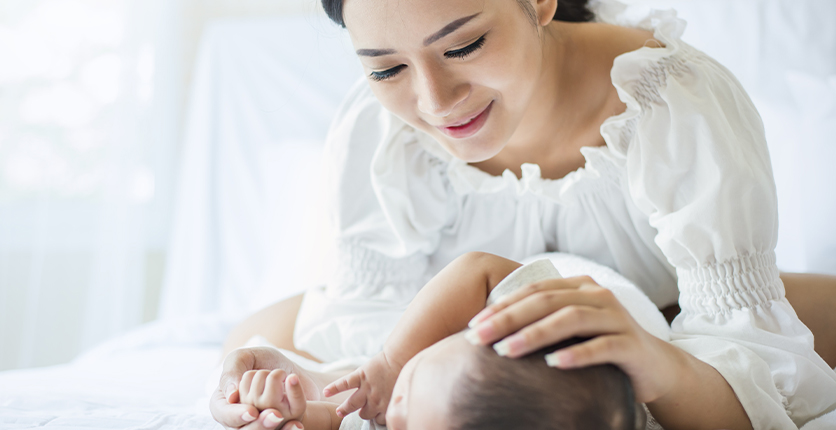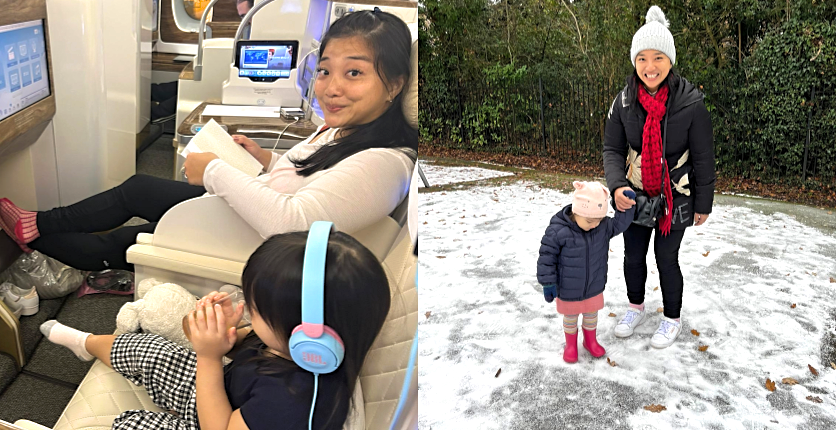Confinement practices are common in Asia. But for today’s tech-savvy generation of young parents, it seems that they prefer to adhere to science-backed research as opposed to old wives’ tales passed down from their parents.
Confinement is a period for mothers to recuperate and recover following childbirth. In Singapore, the various ethnic groups have different confinement beliefs and practices. These range from the prohibition of certain daily tasks (such as showering) to strict dietary restrictions. Yet all these practices and beliefs have one common purpose — they aim to help mothers heal and rejuvenate after childbirth.
So what advice should mothers follow in this time and age? We speak with Dr Shefaly Shorey, Assistant Professor of Alice Lee Centre for Nursing Studies, National University of Singapore (NUS), to find out.
Do confinement practices have actual health benefits and should you follow them?

Many confinement practices that Singaporeans follow are not backed by scientific research. If these practices help to maintain your physical, mental and family harmony, there is nothing wrong in following them. However, there are some that can affect a mother’s emotional health. For example, new mothers are discouraged from having a shower during their confinement period. But it is important for mothers to shower and keep themselves clean as their newborns will be in constant physical contact with them. With the high humidity in Singapore, it may be impractical to stick to the tradition of not showering for 30 to 44 days.
Some people claim that after childbirth, some mothers may have “post-natal depression”. Are “baby blues” real?
Hormonal changes after childbirth can lead to low moods in mothers, which are commonly known as “baby blues”. Common symptoms include crying or being easily irritated. The majority of mothers experience such moods after giving birth. However, having low moods does not mean that you are suffering from depression. If you are experiencing low moods for an extended period of time or you have feelings of self- or baby-harm, you should seek immediate professional help.
What are some “bad” confinement practices to avoid?
There is no good or bad confinement practice. What is more important is to recognise and avoid confinement practices that cause you physical and emotional distress than comfort. Most importantly, it is crucial to maintain the family harmony by having open communication with your family to negotiate the confinement practices that work best for you.
What should mothers do when they are made to adhere to confinement traditions?
Have an open conversation with your family members about what makes you feel good and helps you to focus on taking care of your newborn better. A mother’s mental health is often forgotten during this period. Let your family members know your thoughts and communicate with them about your mental health. Remember, happy mummy, happy baby and happy family!
Any advice for new parents?
Be patient with yourself. This might be your first, third or fourth child, but every child is different. Mummies, allow daddies to get involved with newborn care tasks. Daddies, please be there for the mummies during this period when she is undergoing emotional and physical changes. Relax, ask for help when needed and enjoy your parenthood!
About #AskFFL with Dr Shefaly: The above Q&A has been adapted from one of Dr Shefaly’s live sessions under the Families for Life (FFL) #AskFFL online video series. This series features experts who share tips and advice on topics relating to juggling work and family life while staying at home. To find out more about #AskFFL online video series, click here.







